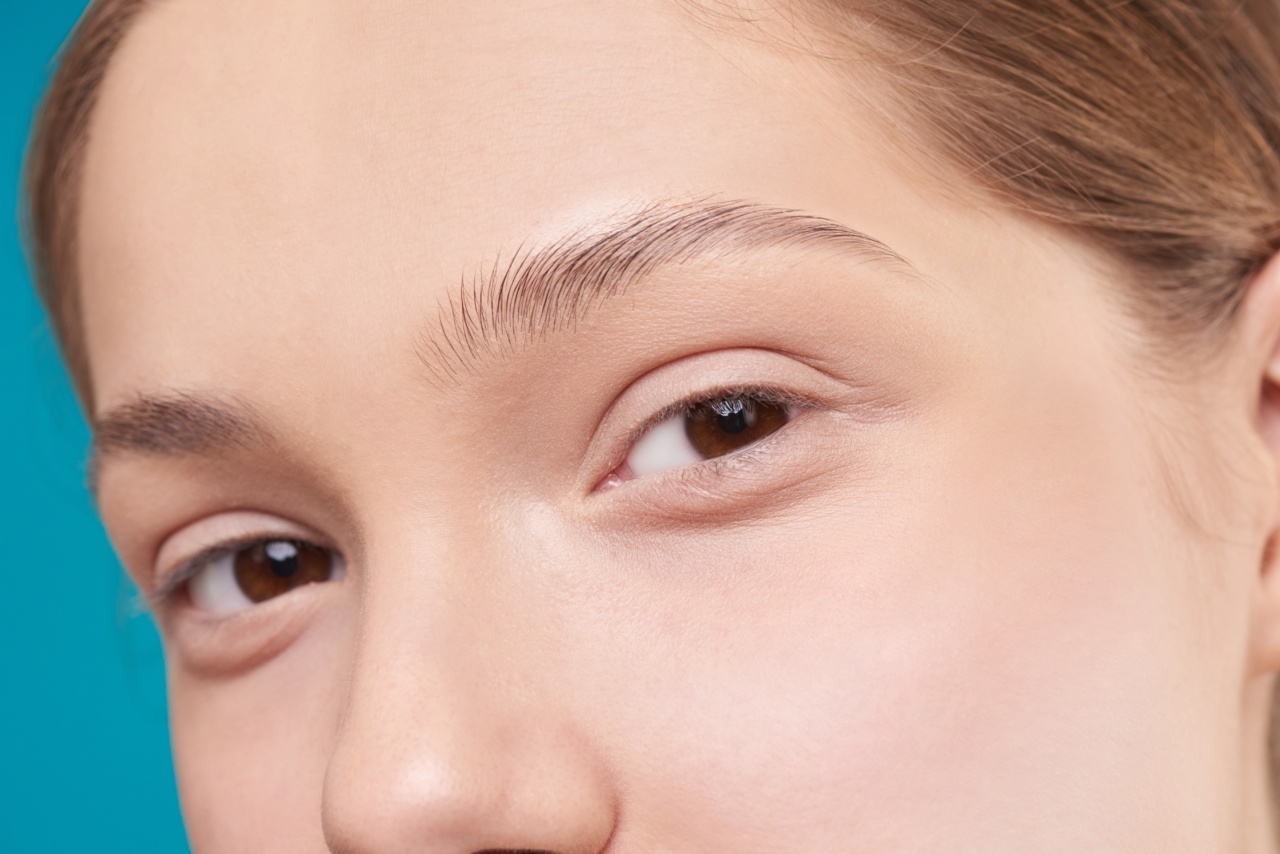Having clear and healthy skin is something that many people strive for. However, with factors such as pollution, stress, and improper skincare, achieving clear skin can be a challenging task for some.
If you’re looking for effective ways to keep your skin clear, look no further. In this article, we will discuss ten helpful tips that can improve the health and appearance of your skin.
1. Maintain a Consistent Skincare Routine
A consistent skincare routine is essential for achieving and maintaining clear skin. Start by identifying your skin type, whether it’s dry, oily, combination, or sensitive.
This will help you choose the right products tailored to your specific needs. Your routine should include cleansing, toning, moisturizing, and protecting your skin from the sun with a broad-spectrum SPF.
2. Cleanse Twice Daily
Cleansing your skin thoroughly twice a day is vital for removing dirt, oil, and other impurities that can clog your pores and lead to breakouts.
Use a gentle cleanser that suits your skin type, avoiding harsh soaps or cleansers that strip away the natural oils. Be sure to cleanse in the morning and evening for best results.
3. Exfoliate Regularly
Exfoliation helps to remove dead skin cells and unclog pores, revealing fresh, radiant skin. However, be cautious not to overdo it, as excessive exfoliation can irritate and damage your skin.
Choose a gentle exfoliator that suits your skin type and use it once or twice per week to promote cell turnover and achieve a clearer complexion.
4. Hydrate Your Skin
Hydration is key to maintaining clear and glowing skin. Ensure your skin remains hydrated by drinking an adequate amount of water throughout the day.
Additionally, use a hydrating moisturizer that suits your skin type to prevent dryness, flakiness, and other skin issues caused by lack of moisture.
5. Protect Your Skin from the Sun
Sun protection is crucial in preventing premature aging and maintaining clear skin. Overexposure to the sun’s harmful UV rays can lead to sunspots, wrinkles, and other skin damage.
Apply a broad-spectrum sunscreen with an SPF of 30 or higher to exposed skin, even on cloudy days.
6. Eat a Balanced Diet
Your diet plays a significant role in the health and appearance of your skin. Incorporate a variety of fruits, vegetables, lean proteins, and whole grains into your meals.
Avoid excessive consumption of sugar, processed foods, and greasy snacks, as these can contribute to breakouts and skin inflammation.
7. Get Plenty of Sleep
A good night’s sleep is essential for maintaining clear skin. Lack of sleep can lead to increased stress levels and imbalanced hormone levels, which can result in breakouts and dull-looking skin.
Aim for 7-8 hours of quality sleep each night to allow your skin to regenerate and repair itself.
8. Manage Stress Levels
Stress can take a toll on your skin, triggering breakouts and promoting inflammation. Practice stress management techniques such as deep breathing, meditation, or engaging in activities you enjoy.
Taking steps to reduce stress can help prevent skin issues and promote overall well-being.
9. Avoid Touching Your Face
Touching your face frequently can transfer dirt, oil, and bacteria from your hands to your skin, potentially leading to breakouts. Try to avoid touching your face, especially if your hands are not clean.
If necessary, use a clean tissue or cotton pad to touch your face minimally.
10. Seek Professional Help if Needed
If you’re struggling with persistent skin issues despite following a consistent skincare routine, it may be beneficial to consult a dermatologist.
They can assess your skin condition and provide appropriate treatments or prescriptions to help you achieve clear and healthy skin.































